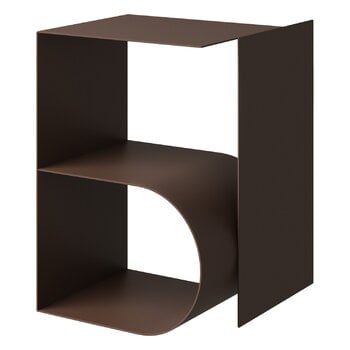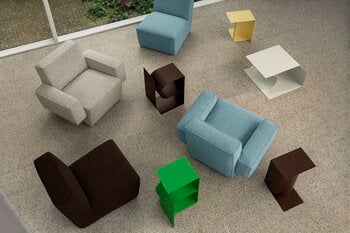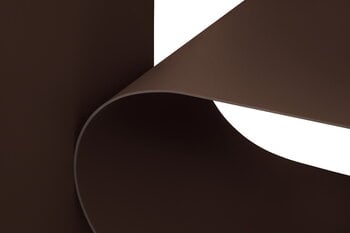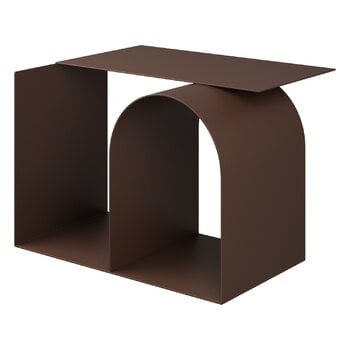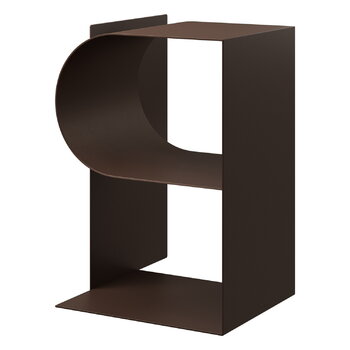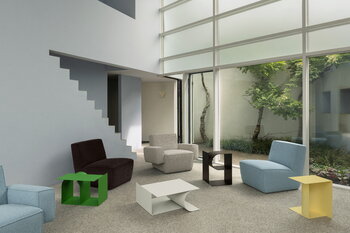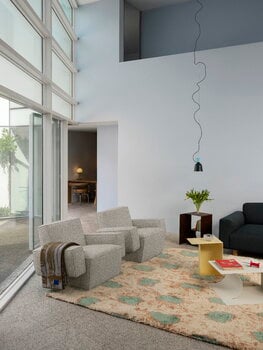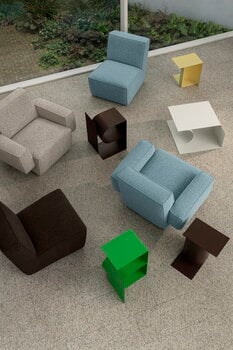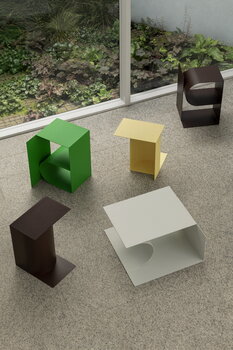Shopping at Finnish Design Shop is safe, easy, and effortless!
All our goods are delivered as customs-cleared, so there will be no additional costs. All prices include local VAT, as we are registered as VAT-liable in the UK (VAT number: GB 306 4652 16).
Are you a UK-registered business?
B2B sales not exceeding £135: Once you choose “Company” at checkout, the prices presented are excluding VAT (and the amount you pay is VAT-excluded). If you are VAT-registered in the UK and provide us with a valid VAT registration number, VAT will be accounted for by you through a reverse charge.
The VAT registration number you provide, along with the text Reverse charge: customer to account for VAT to HMRC, will be added to the receipt. If you are not VAT-registered in the UK, please select “Private customer,” and your purchase will be treated as a sale to the consumer.
B2B sales exceeding £135: Once you choose “Company” at checkout, the prices presented are excluding VAT, import taxes and/or duties (and the amount you pay is excludes VAT, import taxes and/or duties). The order is shipped as Delivered at Place (DAP).
Delivered at Place (DAP): The recipient is responsible for paying any applicable duties, taxes, and clearance fees.
